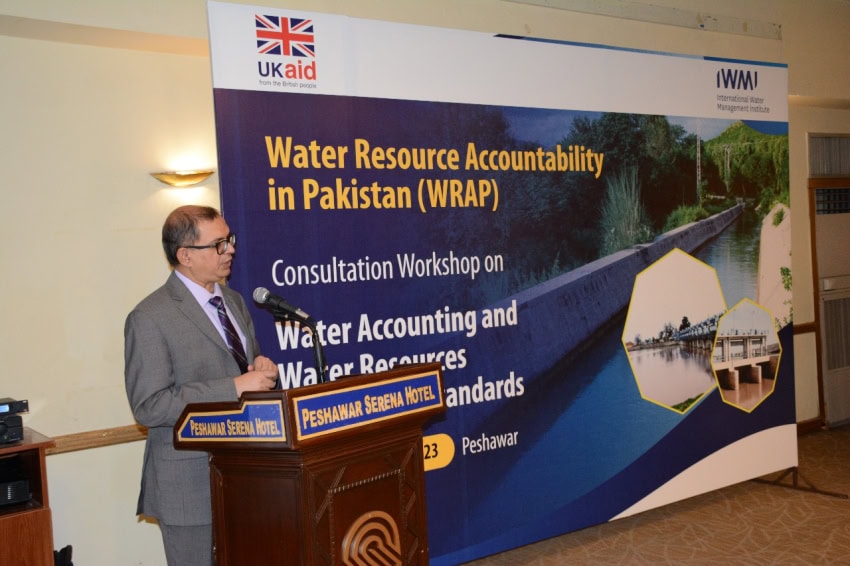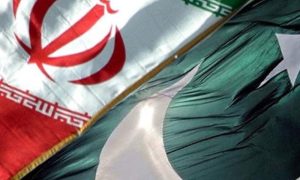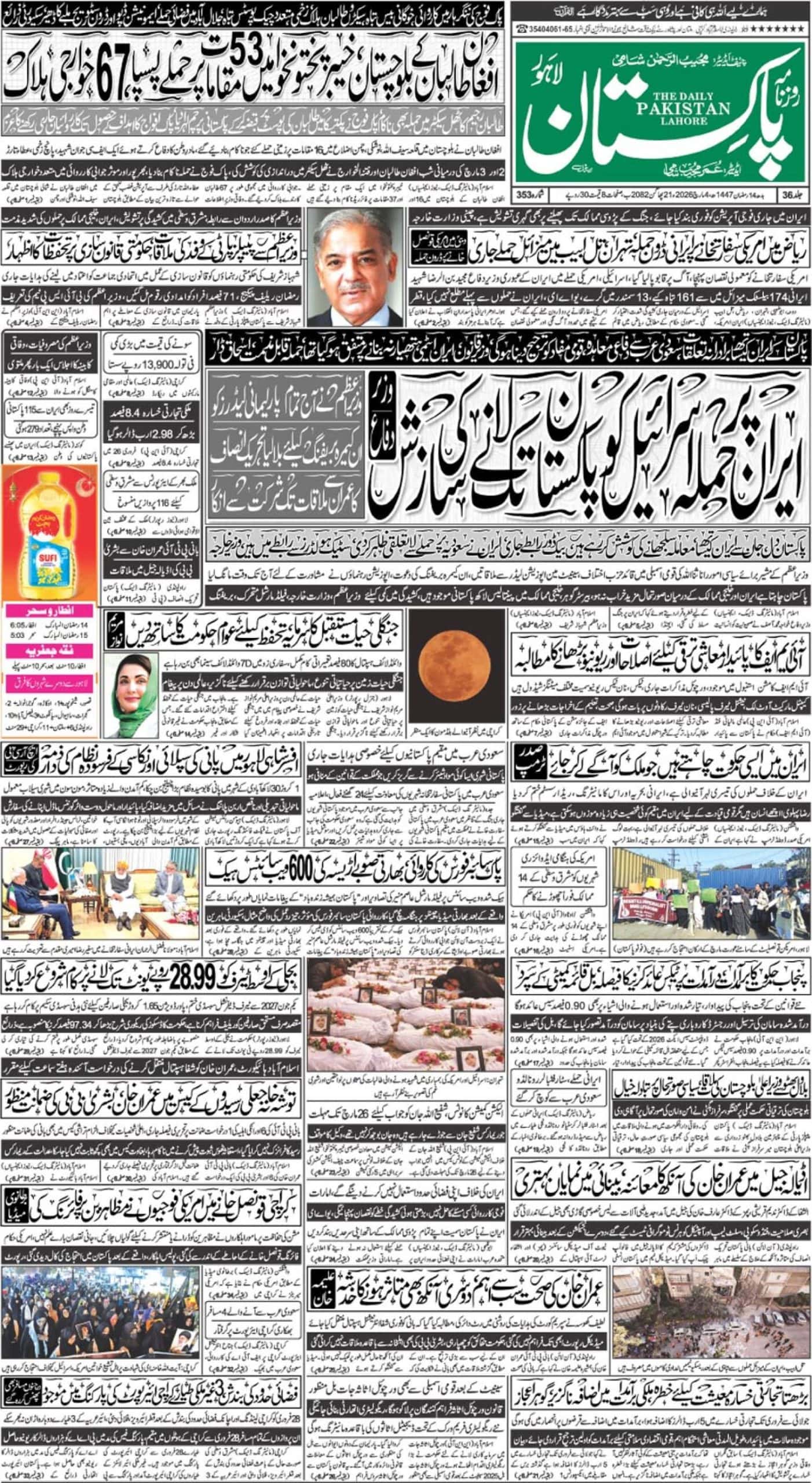PESHAWAR – Pakistan is currently experiencing severe water-related problems that could potentially have negative consequences for its economy and society.
To address this urgent issue, the International Water Management Institute (IWMI) Pakistan has launched the first component of the Water Resource Accountability in Pakistan (WRAP) Programme, which focuses on Climate Resilient Solutions for Improving Water Governance (CRS-IWaG).
The program’s goal is to enhance water resource management capabilities at the federal, provincial, and district levels and is being financed by UKaid.
In regards to Pakistan’s water management issues, it is evident that the absence of yearly reports that reliably outline the quantity of available water (including surface, groundwater, and rainfall) and its various purposes (such as domestic, industrial, agricultural, and environmental) in the Indus Basin is a significant challenge. It is worth noting that the 2018 National Water Policy’s Section 22 underscores the importance of a robust water information system that can aid in sustainable planning and development of water resources.
IIWMI Pakistan recently organized a consultation workshop on water accounting and water resources assessment standards to support the implementation of the National Water Policy. The primary aim of this workshop was to enhance the capacity of provincial departments and improve the assessment of water accounting mechanisms in each province. This workshop follows a federal-level water accounting workshop that was held in March of this year. Currently, a series of provincial-level workshops are taking place to achieve the objective of the National Water Policy.
Dr Mohsin Hafeez, Director, Water, Food & Ecosystems, IWMI welcomed the participants and provided an insightful overview of the WRAP programme and its component one which focuses on climate resilient solutions for improving water governance (CRS-IWaG). Dr. Mohsin Hafeez said, “Let’s pave the way for a sustainable future, identifying hotspots and solutions for better water management in Khyber Pakhtunkhwa (KP), by unveiling a game-changing water accounting framework to track water sources, consumption, and availability. The workshop was attended by key stakeholders, policymakers, water experts and practitioners.
During the event, Engr. Ahmad Jan, the Caretaker Minister for Irrigation of the Government of Khyber Pakhtunkhwa, highlighted the crucial role of water in meeting human and agricultural needs. He expressed his disappointment about the country’s lack of direction and policy in this vital area, resulting in 90% of sampled water being unfit for consumption due to poor quality. Engr. Jan regards water as an indispensable aspect of life and regards this as the perfect time to establish a robust system. He welcomes suggestions for policies and vows to support their implementation, emphasizing the importance of ownership and commitment. The minister regards every individual as a leader and institution in themselves, on the journey towards a brighter water future. He graciously encourages everyone to collaborate in working towards this goal.
Dr. M Tahir Orakzai, Secretary Irrigation, Government of Khyber Pakhtunkhwa highlighted the nationwide water accounting challenge, citing crucial missing data hindering framework implementation. Collaboration is key for water governance and improvement, and IWMI is leading the way.
Dr. Jahanzeb Masud Cheema, Water Resources Management Researcher, IWMI, extended a warm welcome to the participants of the workshop. He said, “Together, we aim to foster collaboration among departments, addressing water management at the Federal and Provincial levels. Embracing a holistic approach, we’re highlighting the missing pieces – groundwater and crop water use. Let’s map the journey of water from source to destination.”

Kanwal Waqar, Gender and Youth Specialist Researcher, delved into the importance of gender diversity, inclusivity, equality, and equity in the WRAP Programme. She said gender equity and social inclusion (GESI) are integral to our efforts. We’re moving towards transformative approaches, recognizing that gender isn’t just male or female; it encompasses both. Females shouldn’t be excluded from decision-making; it’s not about capability but exposure. Empowering women is crucial; they suffer more due to water shortages. Through capacity-building and climate-smart technologies, we’re creating an enabling environment for female farmers.
The overarching objective of the consultation was to enhance water governance through climate-resilient solutions, implementing federal and provincial-level climate-smart interventions. These initiatives are geared towards strengthening national capacities for the implementation of such interventions, breaking through technical and non-technical barriers, and ensuring long-term sustainability. Furthermore, the programme will generate critical evidence for the implementation of national climate and water policies.
This effort by the International Water Management Institute (IWMI) focuses on optimizing water utilization and equitable distribution in priority areas, supporting the implementation of Water Acts. Additionally, the programme will disseminate key findings through various forums and engage in capacity development activities with government institutions and the private sector to advocate for the scaling up of technical interventions, thereby promoting diversity and inclusion through improved water governance.














